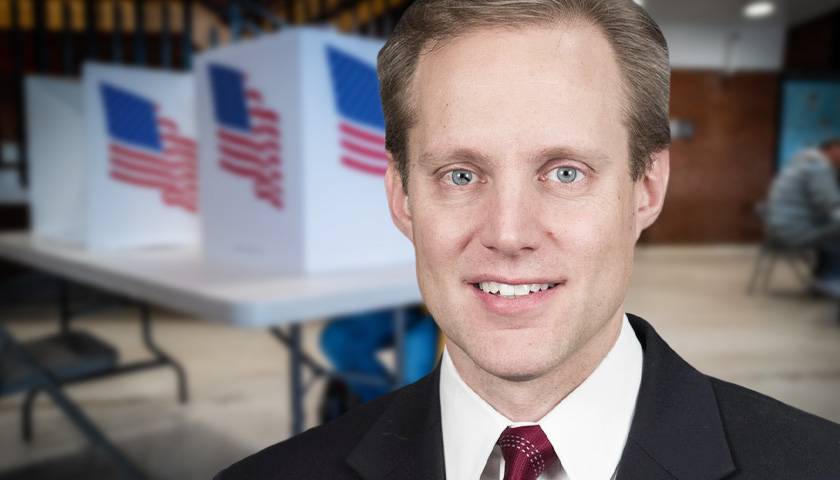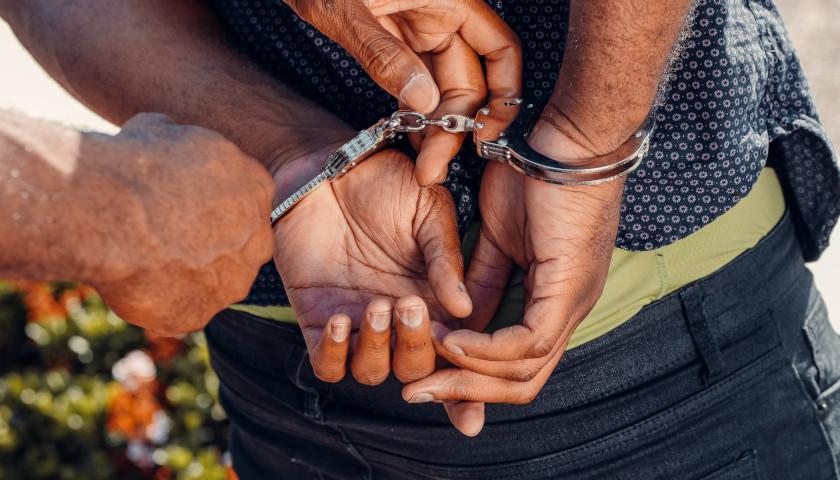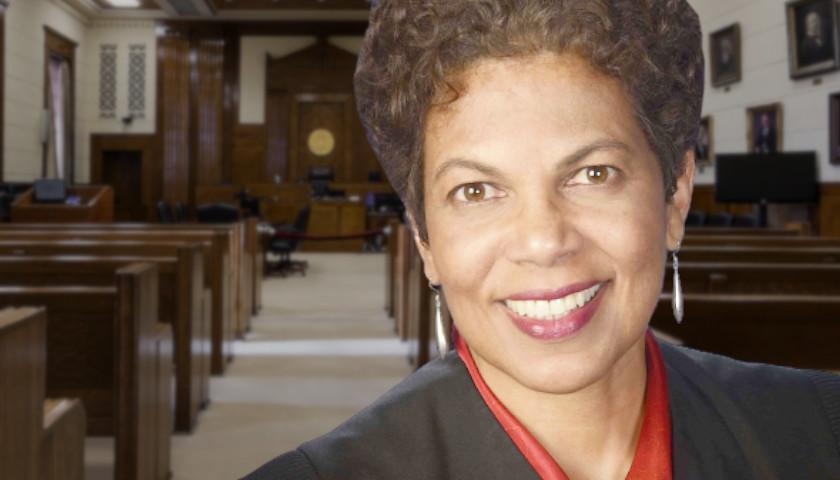by Hank Long
A major election reform bill that DFL members in the House and Senate are carrying for Secretary of State Steve Simon continues to progress through the legislature despite criticism its several sweeping provisions have received from Republicans in recent committee hearings.
HF3/SF3, coined the “Democracy for the People Act” by its sponsors, aims to implement automatic voter registration, pre-registration for 16- and 17-year olds, add new voter intimidation laws and related penalties, and require more disclosures of who is funding campaign ads, among several other provisions.
Checking a box to ‘opt out’ of automatic voter registration
Simon, a DFLer in his third term as the state’s top elections official, has touted the bill as an opportunity to build on “Minnesota’s success story and reputation as a leader in elections and voting” and further expand access to voting. He sparred with Republicans over the necessity of the automatic voter registration provision in recent House and Senate committee hearings this month.
The initiative would enable eligible Minnesotans who regularly interact with government agencies — like getting a driver’s license — to register to vote directly “without unnecessary hassles or delay,” Simon said.
Under the proposed legislation, when Minnesotans renew their driver’s license their identifying information for that process would automatically be transmitted to the secretary of state’s election division and then updated to reflect their voter registration status. Those who have never registered to vote before would also be automatically registered to vote based on information they provide.
Currently, the state’s Driver Vehicles Services division provides individuals the opportunity to “check a box” and opt in to allow the secretary of state to transmit their information in the voter registration process. But the automatic voter registration provision in HF3/SF3 would require people to “opt out” if they do not want to be automatically registered to vote, Simon told legislators in a Feb. 14 meeting of the House Elections Committee.
Doing it this way expands the pool of registered voters by as many as 450,000 registrations, while ensuring “all of the safeguards of our current process remain,” Simon said.
Known critics of the initiative say automatic voter registration amounts to a voter access solution in search of a problem, and also eliminates the responsibility of an individual to proactively affirm their eligibility to vote.
“Here we are talking about a current system already in place where the only work someone has to do when they are at the DMV is to affirmatively check a box,” said Rep. John Petersburg, R-Waseca. “By checking that box to opt in, that keeps the authority with the individual to decide, whereas with this new provision you are saying it’s going to be done for them.”
Ambiguous language of voter intimidation provision
Another provision offered in the bill “establishes a series of prohibited acts related to intimidation, interference, and deceptive practices at an election,” which would be categorized as a gross misdemeanor crime. It also allows the state attorney general to pursue civil action against those who violate the proposed statute.
A rise in voter intimidation over the last few election cycles was the impetus for the provision, said Rep. Emma Greenman, DFL-Minneapolis, during a Feb. 21 hearing on the bill in the House Public Safety Committee.
“Unfortunately, this problem is only growing and as we head into another contested election cycle, now is the time to act,” said Greenman, who sponsors the bill and has a background as an election law attorney.
The provision drew scrutiny from Rep. Walter Hudson, who said its language doesn’t clearly enough define crimes of voter intimidation or interference with voting or the election process.
“My concern is that if we’re not deeply specific about what constitutes both intimidation and misinformation, this could very quickly become a tool used for political ends to curtail speech whatever side happens to be in executive control just doesn’t like,” said Hudson, R-Albertville.
The bill has been approved in three different committees in the House and two in the Senate.
Gov. Tim Walz promised last week to sign the bill, regardless of whether it has any support from Republicans, a departure from promises kept by prior governors Mark Dayton and Tim Pawlenty, who publicly stated they would only sign election reform bills that receive bipartisan support. Walz had previously told media in 2019 that he would commit to only signing election reform bills that had received bipartisan support.
– – –
Hank Long is a journalism and communications professional whose writing career includes coverage of the Minnesota legislature, city and county governments and the commercial real estate industry. Hank received his undergraduate degree at the University of Minnesota, where he studied journalism, and his law degree at the University of St. Thomas. The Minnesota native lives in the Twin Cities with his wife and four children. His dream is to be around when the Vikings win the Super Bowl.
Photo “Steve Simon” by Secretary of State Steve Simon. Background Photo “Election Day” by Phil Roeder. CC BY 2.0.




